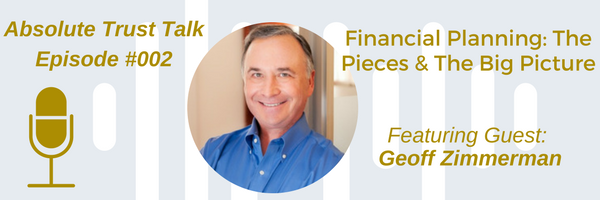As the cooler weather dawns upon us, we cannot help but feel the nostalgia of the Holiday season looming in the distance. The Holidays inevitably bring together loved ones from all over to share in the celebration of family, gratitude, and the togetherness of people from near and far.
Because having all your loved ones under the same roof is rare, it is a good opportunity to discuss certain aspects of your estate plan with your family.
Below is a list of DO’s, DON’TS, and some items that are not necessary when discussing your estate plan with your loved ones.
DO:
- Inform your successor trustee of their role
The role of a successor trustee is essentially a “job.” If you have named a loved one as trustee upon your death, it will be helpful to inform them of the creation of your estate plan and their appointment as successor trustee.
- Tell your successor trustee where your estate plan is located
Whether in a safe in the home, a home office, or a bank’s safe deposit box, it’s helpful for your successor trustee to know precisely where your estate plan is.
- Give your successor trustee a copy of the trust.
Giving your successor trustee a copy of the trust could be beneficial for ease of mind, as the loved one would be aware and already have a copy of the document.
- Inform your other successor agents
It is also important to discuss your incapacity documents, advance health care directives, and powers of attorney with your respective agents should you need them to act in the future. This includes any wishes regarding your medical or financial preferences. While some of these conversations may be difficult, the openness and clarity in communication will make difficult and ambiguous situations more seamless in the future.
IT IS NOT NECESSARY TO:
- Talk to your beneficiaries about the valuations of your specific assets
This information is confidential and must not be disclosed to anyone but your spouse, attorney, or CPA. It may be beneficial to disclose what assets you have with your successor trustee upon your death, but you do not need to share the value of any asset(s). You are also not required to share the type of asset nor the value of any asset with your beneficiaries.
- Talk about the disposition of your estate
This information is personal to you and your spouse (and your attorney) and does not need to be discussed until your death. This includes examining the disposition of your beneficiaries, whether they are your children or other loved ones.
DON’T:
- Hide your assets
Whether you have crypto assets on a flash drive or cash stuffed under your mattress, it is always important for your trustee to be able to locate your assets! We advise you to keep track of these assets and not deliberately hide anything. Otherwise, they may be overlooked in the administration process.
- Lose your estate planning documents.
Your estate planning documents control and tell your trustee/agents what to do upon your incapacity or death. It is essential to keep these documents safeguarded, like a safe deposit box or a home safe.
If you have any questions regarding your documents or how to phrase the conversation with your loved one and successor agents, please feel free to contact our office; we would be happy to help! We are grateful for reading this article and wish you a wonderful Thanksgiving and Holiday season!
[AD] Estate planning addresses many important factors about your future and legacy. Where do you get started if you don’t have an estate plan in place? If you do, how have new laws and life transitions changed? Will your plan still protect you? Regardless, you deserve to have control over your wants, needs, goals, and hopes for the future. We can help you understand your options and, legally, how you will best be protected at all touchpoints. Get started today by scheduling a free discovery call so we can discuss your needs. Visit https://absolutetrustcounsel.com/scheduling/ or call us at (925) 943-2740.






